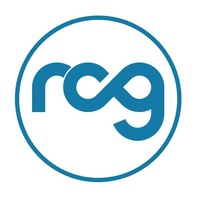
The Renewables Consulting Group
RCG is an integrated market intelligence, management consulting and technical advisory firm. What makes us different is that we are focussed solely on the renewable energy sector. We support mainstream and emerging technologies and serve the organisations leading the transition to a low carbon economy.